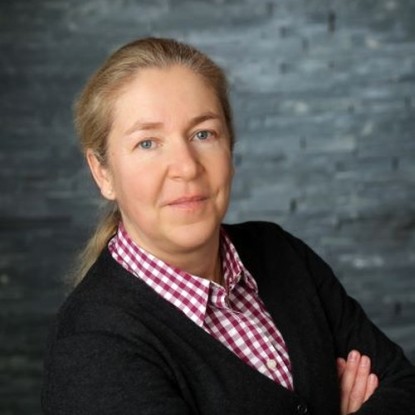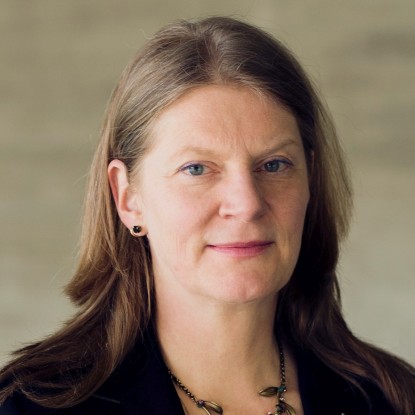What is Digital Philology?
Digital Philology is a specialist field of the Digital Humanities. Here, classical philological topics and approaches – linguistic and literary-scientific ones, to be precise – are combined with methods and tools from Computer Science in order to open up new exciting research fields and topics. This often involves large amounts of data that would, using traditional methods, not be accessible – or only with great difficulty. Thus, working at and with computers is just as much an integral part of Digital Philology as the traditional skills and methods that are taught and applied in classical language and literary studies.
What can I expect from this course of studies?
At the beginning of a course of studies at the Institute of Linguistics and Literature at the TU Darmstadt, you will mainly attend basic courses. Here, basic knowledge is taught in the three philological areas of (Digital) Linguistics, (Digital) Literary Studies, and Medieval Studies. Introductory seminars (Proseminar) in these three subject areas and lectures focusing on research techniques and data processing complement the basic training.
During the course of studies, students will gain in-depth knowledge in the fields of Computer Philology and Corpus- and Computational Linguistics. The skills acquired in the basic areas are deepened and refined in order to address more specific topics in the scope of Digital Literary Studies or Digital Linguistics and, thus, also to write a Bachelor's thesis.
Alongside this course of study, the aim is to train language skills – and there are several courses to improve the handling of both the English and the German language. This ensures that both languages can be used as scientific languages, which is of special importance in the field of Computer Science, in which the English language plays a key role.
A course of studies in Digital Philology is completed with a distinctly project-oriented Bachelor's thesis, which can also be prepared beforehand during project events.
Further information on the subject of Digital Philology can be found here BA and here JBA..



